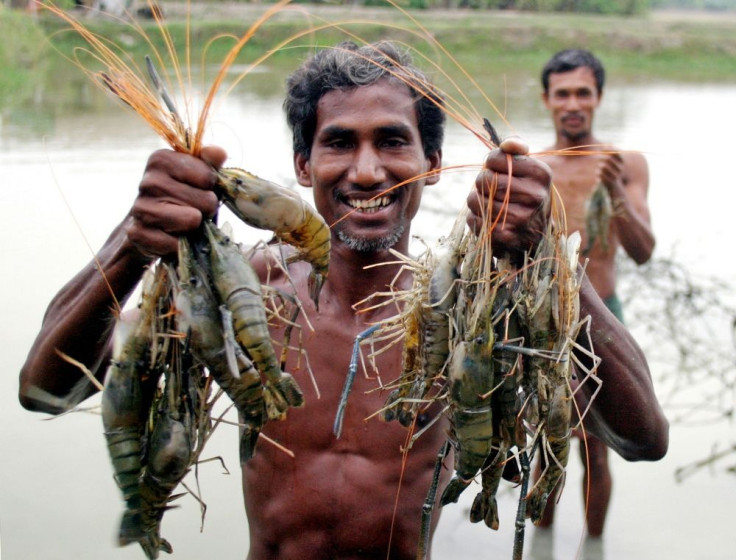Australia Creates Super Prawns To Boost Prawn Farming Productivity

Big, juicy prawns are just the thing for many barbecue lovers in Australia, and lucky for them, the supply of these prawns will become abundant. Thanks to scientists and a new project, tiger prawns will now become faster-growing super prawns.
A research hub based in north Queensland, which has been operating since January, launched a project on Tuesday aimed at increasing the growth rate of black tiger prawns. Accoridng to Brisbane Times, Professor Dean Jerry, head of aquaculture and fisheries at James Cook University, hopes to double that growth rate and “unleash the genetic potential” of the prawns to boost the prawn industry in Australia.
“What we want to leave as the legacy of the hub is to bring the knowledge of the tiger prawn up to the point of similar species in livestock, like dairy cattle and pigs,” he said, explaining that advanced selective breeding of prawns will improve prawn farm productivity.
Tiger prawns are farmed,but there is a lack of exploitation on their productivity potential, Jerry said in a report from News Australia. He also adds that the goal is to harvest prawns efficiently just like with chickens and pigs.
The Australian Research Council Industrial Transformation Research Hub for Advanced Prawn Breeding will help create super tiger prawns that grow much faster, with a 40-gramme size and will pack on the same tastiness as the regular variety. The hub will also produce prawns that are more resistant to disease.
Dallas Donovan, CEO of the research project’s partner Seafarms, believes the research will serve as an advantage for the prawn industry but will not affect prawn pricing. He said that the production cannot keep up with growing demands for prawns, especially in Australia.
Donovan also adds that there should be an annual production increase of seven and a half percent to compensate for the demands. The project received a $4.9 million grant from the federal government and $1.5 million from the research project partner Seafarms.
To report problems or leave feedback on this article, email: wendylemeric@gmail.com.





















